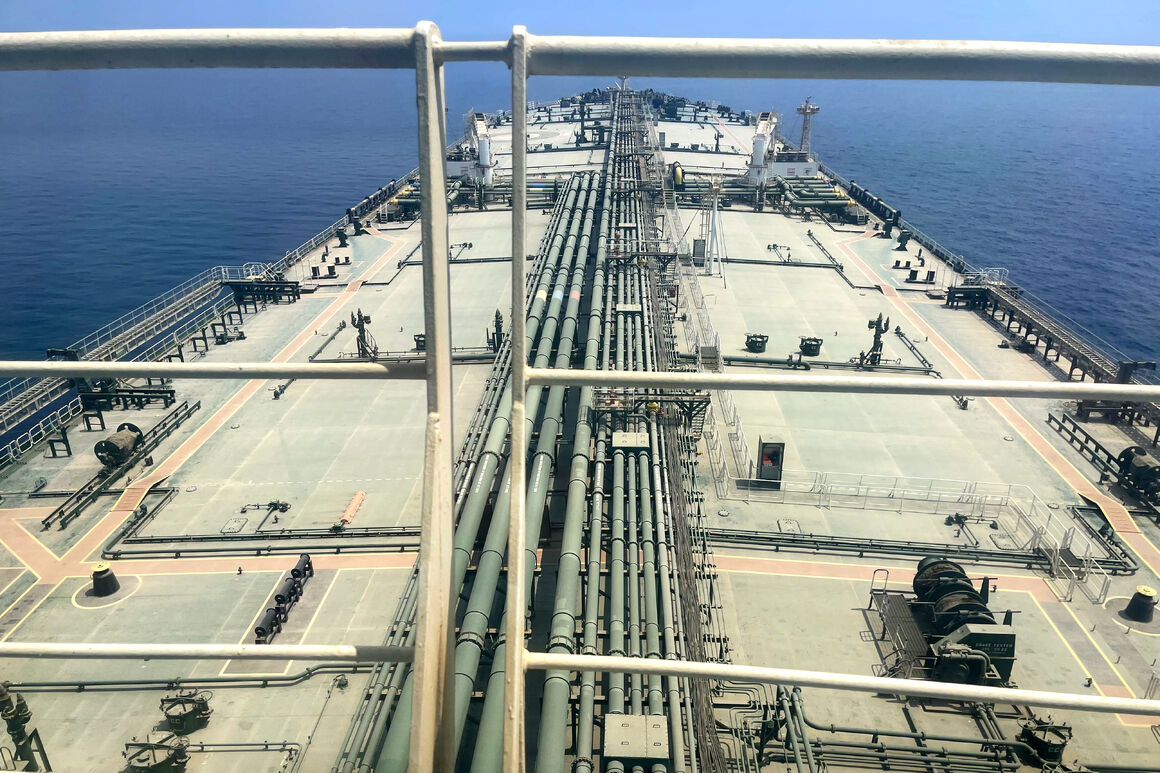Morteza Behrouzifar explained the reasons behind the recent drop in oil prices: "Global energy consumption naturally decreases in spring. Most oil demand comes from winter heating or summer transportation, so demand falls in spring, leading to lower prices. This is a natural trend, but other factors have intensified it."
He continued: "One factor is global economic uncertainty caused by trade wars and political crises, particularly tariff tensions between major economic powers, which could trigger a recession. A downturn directly reduces energy consumption."
The academic noted that Middle East tensions have eased compared to last year. "The Lebanon crisis is under control, Syria is more stable, and the Houthis' role in oil shipping has diminished. There is even hope for US-Iran agreements to reduce tensions. All this has lowered geopolitical risks, contributing to the oil price decline."
On future oil prices, Behrouzifar said: "Prices may remain at current levels in early spring, but if tariff wars escalate, a global recession could push prices even lower. However, given the economic rationality on both sides, a prolonged crisis is unlikely. I predict oil will rebound to $70–$85 per barrel in coming months."
He also addressed OPEC's role: "If tariff disputes persist, OPEC would need significant production cuts to prevent further price drops—a difficult consensus to reach. A 5–10 million barrel reduction is no small decision. Stability can only return if the tariff crisis is temporary."


Your Comment